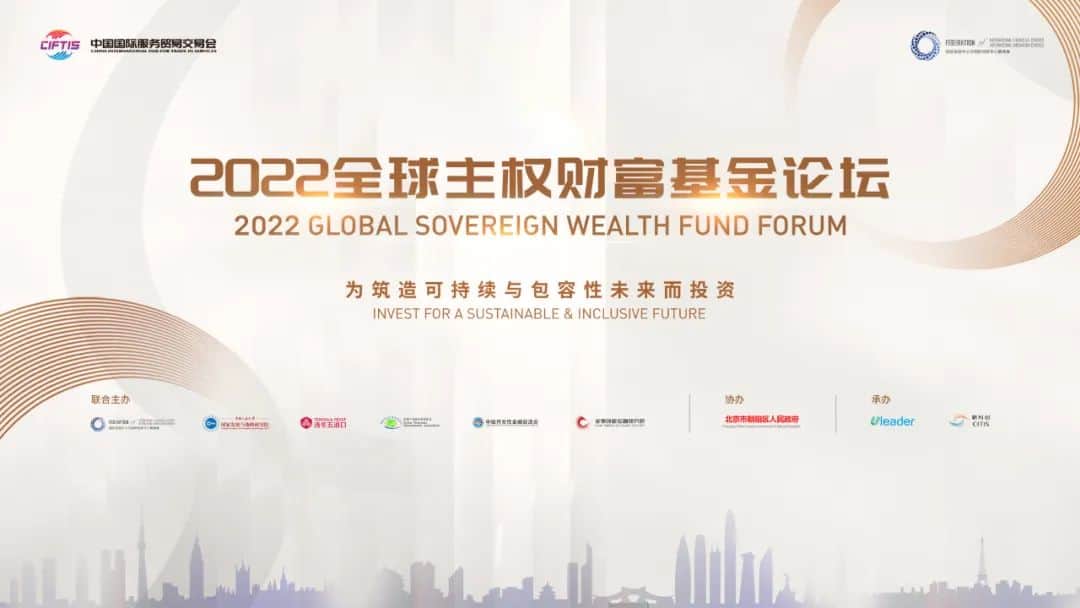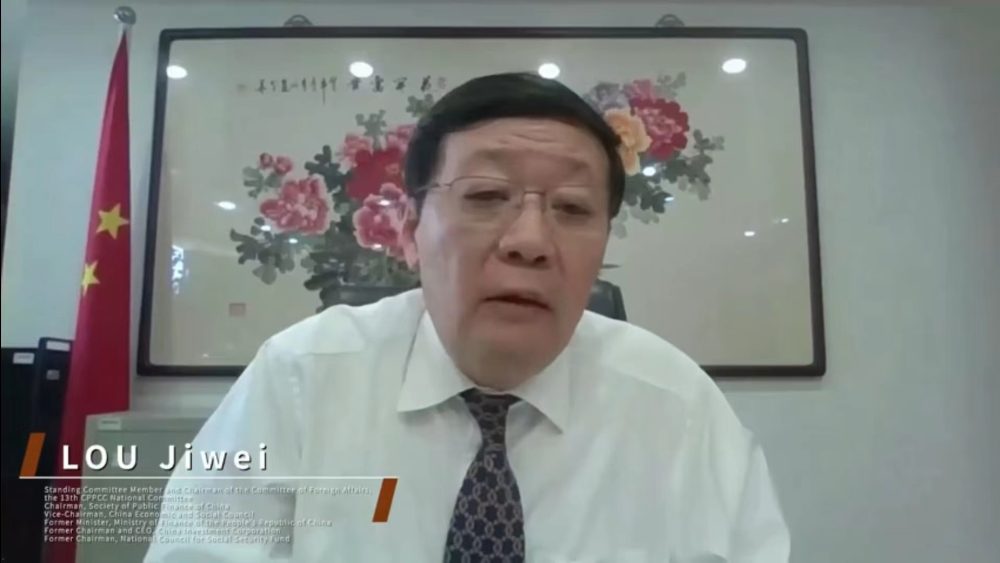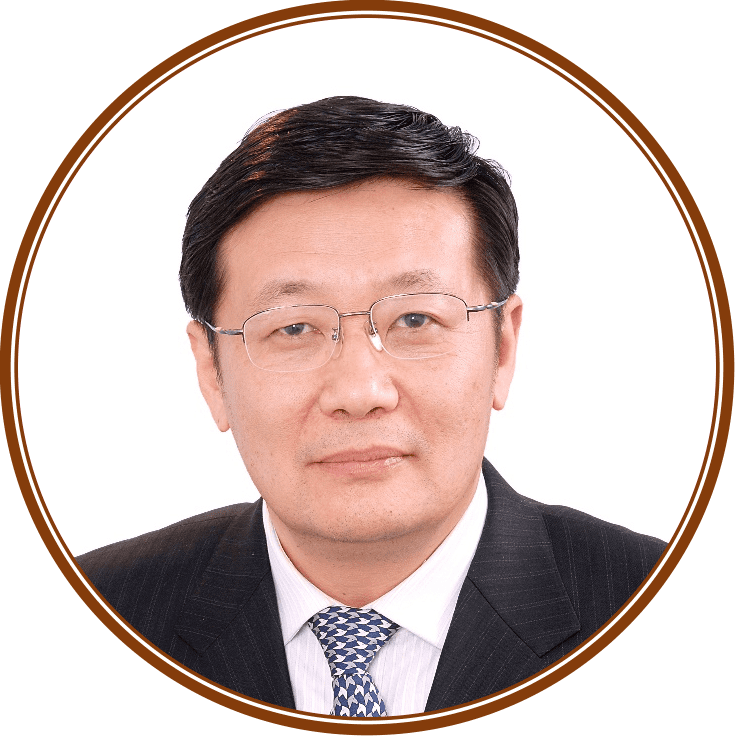

When China Investment Corporation (CIC), China’s sovereign wealth fund, was established 15 years ago, I had the honor to serve as the first chairman and CEO. So today, I would like to take this chance to talk about the early exploration of CIC, and I hope that my speech could provide you with some useful information.
Fifteen years ago, there were already dozens of sovereign wealth funds operating in the world, but CIC have managed to attract global attention since its establishment. While China is rising rapidly with increasing influence, the biggest question for the rest of the world is whether the super-sized CIC will be able to serve as a platform for the Chinese government to implement its international strategy.
The reason is simple. Since the beginning of this century, China’s foreign exchange reserves have grown rapidly. In 2006, they exceeded $1 trillion, far exceeding the appropriate scale calculated based on four-month foreign exchange for import payments plus all short-term external debt balances, and the number is still growing rapidly over $1.5 trillion in the following year.
Operating foreign exchange reserves are invested in low-risk fixed-income overseas assets by the risk-return management standards of safety, liquidity, and profitability, which is equivalent to the loss in part of a state’s earnings. Thus, the state decided to issue¥1.55 trillion of special treasury bonds and purchase $200 billion of foreign exchange reserves into operating CIC, taking higher risks to pursue higher returns in the long-term, entirely for commercial purposes. To realize the positioning of institutional function, CIC must establish a series of mechanisms.
First, diversify investment centered on asset allocation. In the meantime, structure setting on asset allocation and regulations of active adjustment and passive adjustment should be established as soon as possible.
Second, keep the momentum of financial investment. In the early stage, we should focus on making a passive investment in the primary market and secondary market. In the following stage, we ought to increase the scale of active investment based on our own capabilities without seeking holding from direct investment enterprises.
Third, establish a transparent and streamlined management system, investment decision-making and risk management mechanism. We need to streamline our system so that investment projects can be launched once they are approved by internal collective decision, without being hampered by governmental process. And within the internal decision, all non-conflicting departments would have the right to vote, while the CEO is only granted with the right of veto.
Fourth, the net present value should be applied to all investments as the accounting benchmark, and investment performance should be disclosed annually through an independent external audit system, which also discloses the asset allocation framework structure and large-amount direct investment projects.
Fifth, implement a long-term investment philosophy. Take the long-term rolling absolute return as the performance benchmark, moderately sustain short-term performance fluctuations, and obtain long-term returns after adjusting risks.
Sixth, stick to the principle of responsibility investment. Apart from standardized corporation governance along with openness and transparency, we should work to thoroughly implement ESG concepts. Though the United Nations Principles for Responsible Investment (UNPRI) was just released, international companies had not yet established an ESG disclosure mechanism. The initial approach for CIC is to establish a negative list system which exclude investment in tobacco, casinos, military industries, etc.
The CIC was established on September 29, 2007. In November that year, the International Monetary Fund proposed to establish a working group on sovereign wealth funds to formulate principles that all participants shall abide by. This event, to a certain extent, also reflects the doubts of international community. CIC participated in it immediately, and played an active role. All participating parties soon reached a consensus on a series of rules, including establishing a transparent and standardized governance mechanism, complying with laws of the home state and invested state, composing annual reports according to national and international accounting standards, and strengthening internal and independent external audits.
The largest difference lies in transparency. There are disadvantages on annually disclosing financial reports to the public. It might lead to the public paying more attention to the short-term returns of the funds, thus putting pressure on the funds adhering to the long-term allocation framework, which is not conducive for pursuing long-term financial returns.
In August 2008, the International Forum of Sovereign Wealth Funds announced the San Diego Principles. Although it is a voluntary principle to abide by, CIC actively implements it and publishes financial annual reports. When announcing the returns of the same year, the long-term rolling absolute return is also announced to guide the public to pay more attention to the long-term. Since then, CIC has been recognized as a sovereign wealth fund complying with international norms. Mr. Jin Liqun, Chief Supervisor of CIC, was also elected as the third chairman of the International Forum of Sovereign Wealth Funds.
It has been nearly ten years since I left CIC. Through communication with my colleagues and reading the company’s annual reports, I found that the principles above have been consistently adhered to, and that we have kept pace with the times, lived up to the expectation, and achieved good long-term returns.

Committee member, Chairman of Committee of Foreign Affairs, the 13th CPPCC National Committee
Former Minister, Party Secretary, Ministry of Finance of PRC, Former Chairman and CEO of China Investment Corporation
Former Chairman of National Council for Social Security Fund

